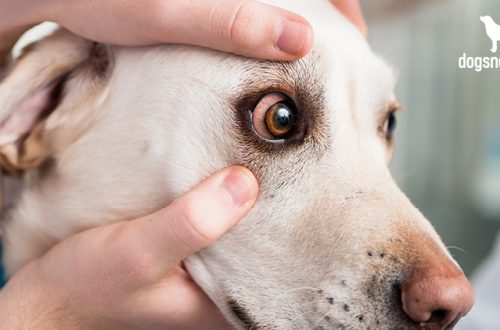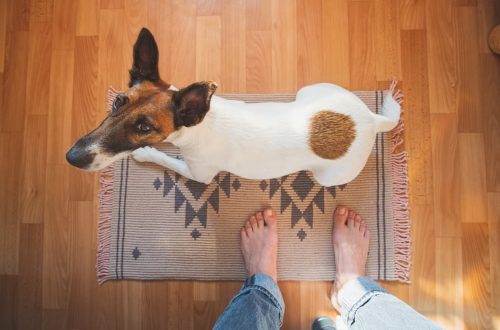
Non-barking dogs
Some consider such pets a guarantee of good relations with neighbors, others consider them unreliable guards. Read the article and evaluate if a non-barking dog breed is right for you.
Why doesn’t the dog bark
If a dog suddenly stops barking, it could be a sign of stress and health issues such as damage to the vocal cords or airways. In this case, the pet must be shown to a veterinarian.
But there are many breeds whose representatives resort to barking only in exceptional cases – in everyday life they get by with snorting, sniffing and rumbling. And dogs of the Basenji breed do not know how to bark at all because of the structural features of the pharynx.
Advantages and disadvantages
Some owners spend weeks or months training noisy dogs so they can watch a movie, talk on the phone, or put the baby to bed. If you are not ready to risk comfort and tranquility, take a closer look at dog breeds that are not prone to frequent barking.
This advice is especially relevant for residents of apartment buildings – constant barking can lead to conflicts with neighbors and even eviction from a rented apartment. And from 2021, owners of noisy dogs are also proposed to be brought to administrative responsibility.
Despite this, some dog lovers categorically do not want to start “silent people”, considering them unemotional. If you want to hear boisterous barks on a walk or when you get home from work, some breeds of dogs will really disappoint you. Otherwise, they show feelings no worse than their barking counterparts – with a displeased growl, a joyful squeal or a funny grunt.
Owners of country houses are also afraid to start such dogs – they don’t bark, which means they won’t report danger. But this is also not entirely true: the dog should guard the house, and not bark for no reason and stop. In case of danger, most silent breeds still give a voice – and the owner immediately understands that something extraordinary is happening.
Breeds
So, you need a dog that doesn’t bark. The Basenji breed, although it is the most striking example, is not suitable for everyone. These dogs are as smart as they are stubborn, and love not only to go for walks, but also to live on their own.
With other animals in the house, the basenji will get along only if it is allowed to dominate, and its activity can lead to the destruction of everything around. Such a wayward dog is more suitable for an experienced dog breeder – if you are not sure of your educational abilities, consider other options.
Small dog breeds. Non-barking babies are suitable for keeping even in a small apartment with thin walls:
- The Japanese Spitz reaches a maximum of 38 cm at the withers, is friendly to family members and extremely wary of strangers. If a dog barks, it almost certainly feels threatened.
- The Cavalier King Charles Spaniel is a cheerful but not noisy companion up to 35 cm tall. He prefers tactile contact to loud barking and is always ready to cuddle.
- The Japanese Chin does not grow more than 27 cm, and with its habits it resembles a cat: it purrs, hisses and climbs onto high surfaces.
Large dog breeds. Some pets rarely give voice, despite their impressive size – or maybe just because of them. If you can provide your dog with space and regular exercise, choose one of these breeds:
- The Bullmastiff is distinguished by a calm and restrained character, and shows its deep bass only when threatened.
- The Newfoundland does not use barking as a means of communication either. He treats family members delicately and even patronizingly, negatively perceives screams and loud orders.
- The Great Dane can bark in moments of danger – or when he is ignored for a long time. In all other cases, the dog personifies calmness and nobility.
It is worth taking a closer look at the representatives of greyhounds – for example, Greyhounds or Salukis. Loud sounds are contrary to their nature, because the game must be hunted down stubbornly, but imperceptibly. But the hounds use barking as the main weapon both in hunting and in everyday life – these dogs are not suitable for those who are looking for peace and tranquility.





